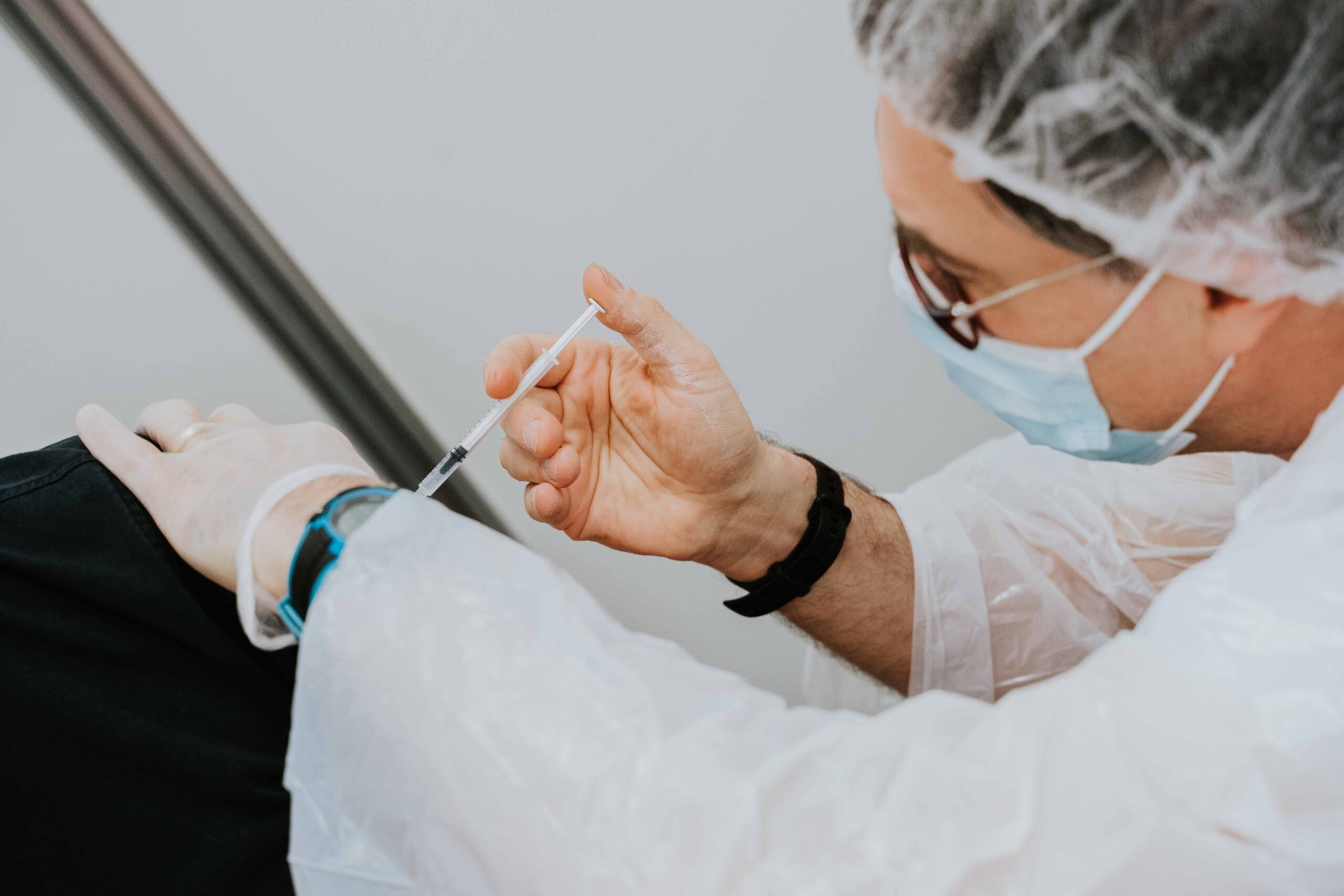
The CDC has published some specific guidance about what the fully vaccinated can do and cannot do, and AARP has asked experts to answer other common questions about life after vaccination. Here are 10 things you should know now that you’ve been jabbed.
1. You still need to wear a mask
Even though COVID-19 cases are down from their peak in January, the coronavirus is still circulating in the U.S., and new and more contagious variants have emerged. So wearing masks and social distancing are still important in helping slow its spread until we can reach herd immunity.
Masking will also help slow the spread of coronavirus variants — and prevent the emergence of new ones — because the virus can’t mutate if it is not spreading.
2. You could still catch COVID-19
This is the other reason experts don’t want you to put aside your mask just yet. Although all three vaccines authorized for emergency use in the U.S. were found to be highly effective against severe disease and death from COVID-19, there’s still a chance you could get infected with the virus.
The whole point of a vaccine is that it prevents you from dying or ending up in the hospital, but you may still get sick.
3. You could infect someone else
There’s also a small chance that you could get infected with the virus and not even realize it, and then you could transmit it to someone who is not vaccinated.
Researchers are still studying whether the vaccines prevent the asymptomatic spread of the virus; early data indicates that they likely do. But the evidence is preliminary and more research is needed.
4. You can visit friends and family
Fully vaccinated people can gather indoors with others who are also fully vaccinated, without wearing masks or physical distancing if you choose, the CDC says.
You can also spend time inside with unvaccinated people from a single household without wearing masks or physical distancing if you choose, the CDC says, as long as no one is at increased risk for severe COVID-19 disease and no one lives with somebody who’s at increased risk as well.
5. You don’t have to quarantine after exposure
You do not have to quarantine or get tested after an exposure to someone with the coronavirus, as long as you aren’t experiencing any symptoms, the CDC says. If you develop a cough, fever, shortness of breath, diarrhea or other symptoms of COVID-19, however, you should get tested.
6. You should keep your vaccine record card handy
In the future, you may need proof of vaccination to travel, work in certain industries or attend large events. Your card may also come in handy to confirm which vaccine you received, and when you received it, if a booster dose is required.
7. Travel is still discouraged
Even though the number of airline passengers has been rising, the CDC continues to recommend against travel, even for those who are vaccinated.
CDC Director Rochelle Walensky said: “In terms of travel, here’s what we know: Every time that there’s a surge in travel, we have a surge in cases in this country. We know that many of our variants have emerged from international places, and we know that the travel corridor is a place where people are mixing a lot. We are really trying to restrain travel at this current period of time, and we’re hopeful that our next set of guidance will have more science around what vaccinated people can do, perhaps travel being among them.”
8. It’s a good time to go to the doctor or dentist
Countless Americans put their health care on hold due to the pandemic. Now that you’re vaccinated, it’s time to schedule that colonoscopy, dental cleaning or elective surgery you’ve been putting off.
The only screening you may want to hold off getting right away is your mammogram. Many women develop swelling in the lymph nodes in their underarm after vaccination, the CDC says. Therefore, some experts recommend waiting four to six weeks after you are fully vaccinated to get a mammogram.
9. You may need a booster shot
Researchers still don’t know how long immunity from the vaccines will last. The current vaccines should provide some protection against the coronavirus variants. The vaccine manufacturers are working to create booster shots or updated versions of their shots to improve protection against variants.
Chances are that we will have to get some kind of COVID-19 shot on a regular basis, perhaps once every three years or every year, like the flu shot.
10. A return to normal hinges on herd immunity
Before life can get totally back to normal, experts say that first we need to reach herd immunity — when enough Americans are vaccinated to significantly slow the spread of the virus. Estimates of when we will reach that point range from this summer to early 2022.








